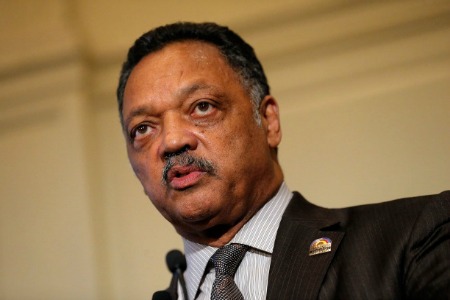
When President Barack Obama called on the world to contribute to fighting Ebola in West Africa, the response was, as the Wall Street Journal reported, “underwhelming.” One nation stood up immediately: Cuba dispatched 165 medical personnel to Sierra Leone, the largest single contribution to that country. “Against Ebola, we can work with anyone,” said Jorge Delgado Bustillo, head of the Cuban Sierra Leone Medical Brigade “The United States? Yes, we can.”
Cuba has sent tens of thousands of health workers to aid foreign nations in distress, including 1,500 to Haiti after its 2010 earthquake. The Cubans cooperate with the U.S. on migration issues and in patrolling the seas. The Cubans also aid the U.S. in the wars on drugs and terror, now hosting peace talks between the Colombian government and guerrilla leaders there that even American officials acknowledge are helpful.
Cubans are freer to travel to the U.S. than Americans are to travel to Cuba. The Cubans are expanding private ownership and encouraging foreign investment, with the Brazilians, Europeans, Chinese and Russians all grabbing opportunities. While the Cubans are far from a democracy and continue to curb dissent and limit freedom of assembly, their leaders are slowly opening the country up, while playing a responsible role across the developing world.
And yet America continues to enforce an embargo that began in 1961. The State Department still includes Cuba on its list of terrorist nations.
This perverse policy has helped to isolate the U.S. in its own hemisphere. The U.S. government’s unrelenting opposition to Cuba’s presence at hemispheric meetings has offended virtually all of our neighbors, while isolating the U.S. Now the U.S. has been put on notice: When Latin American governments open the seventh Summit of the Americas in Panama City next spring, Cuba will be in attendance whether Obama comes or not.
The failed embargo against Cuba should have been lifted decades ago. The embargo has been sustained largely for two reasons. First, Castro embarrassed the CIA and the cold warriors, frustrating their attempts to invade the island, destabilize the regime and assassinate him. Second, domestic politics, particularly the passion of Cuban American voters in the swing state Florida, sustained the policy long past its expiration date. But the Cold War is long over, and the new generation of Cuban Americans wants relations opened up.
The New York Times recently called on President Obama to normalize relations with Cuba. Only Congress can fully end the embargo, but the president can expand the right to travel to and invest in the island, and can restore normal diplomatic ties. He might sensibly commute the sentences of the three of the five Cuban men who remain in jail after 16 years, and exchange them for Alan Gross, now imprisoned in Cuba for five years as an American spy.
This could help launch a new era of engagement with our own hemisphere. The U.S. has been so busy across the world that it has neglected — and often scorned — our neighbors. Yet from immigration to terrorism to climate change and economic vitality, good relations with our neighbors are critical.
Ending the outmoded cold war against an island 90 miles off our shore is long overdue. By taking this step, President Obama can revive U.S. leadership in the region and bring to an end an historic embarrassment.